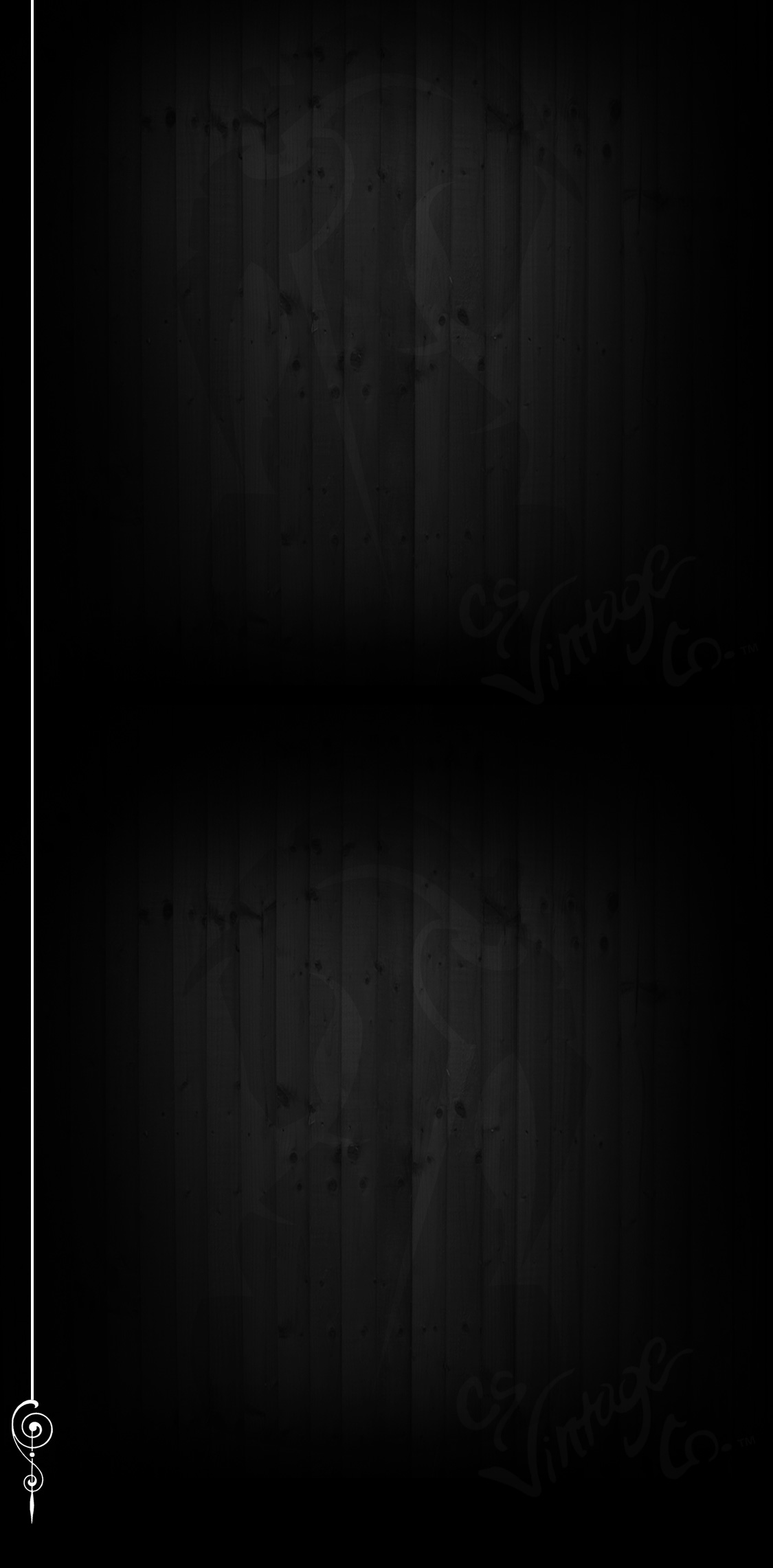
Broken Time :
Changement de Rythme - a sudden change in the tempo of one fencer's actions, used to fool the opponent into responding at the wrong time.
Button :
Mouche; Bouton - the safety tip on the end of practice swords.
Change of Engagement :
Changement d'engagement - engagement of the opponent's blade in the opposite line.
Compound :
Attaque composée ou parade composée - also composed; an attack or riposte incorporating one or more feints to the opposite line that the action finishes in.
Conversation :
Conversation - the back-and-forth play of the blades in a fencing match, composed of phrases (phrases d'armes) punctuated by gaps of no blade action.
Corps-a-corps :
Corps à corps lit. - "body-to-body"; physical contact between the two fencers during a bout, illegal in foil and sabre.
Counter-attack :
Contre-attaque - an attack made against the right-of-way, or in response to the opponent's attack.
Counter-disengage :
Contre-dégagement - a disengage in the opposite direction, to deceive the counter-parry.
Counter-parry :
Contre-parade - a parry made in the opposite line to the attack; ie. the defender first comes around to the opposite side of the opponent's blade.
Counter-riposte :
Contre-riposte - an attack that follows a parry of the opponent's riposte.
Counter-time :
Contre-temps - an attack that responds to the opponent's counter- attack, typically a riposte following the parry of the counter-attack.
Coulé :
Coulé - also graze, glise', or glissade; an attack or feint that slides along the opponent's blade.
Coup lancé :
See flick ; "Coup déjà lancé" (Art. 32.2; 46; 47) : - a launched hit; an attack that starts before a stop in play but lands after. Valid for normal halts, but not valid at end of time.
Coupé :
Coupé - also cut-over; an attack or deception that passes around the opponent's tip.
Croisé :
Croisé - also semi-bind; an action in which the opponent's blade is forced into the high or low line on the same side.
Cross :
Passe avant, passe arrière - an advance or retreat by crossing one leg over the other; also passe'avant (forward cross), passe' arriere (backwards cross).
 |
|||||||||
 |
|||||||||